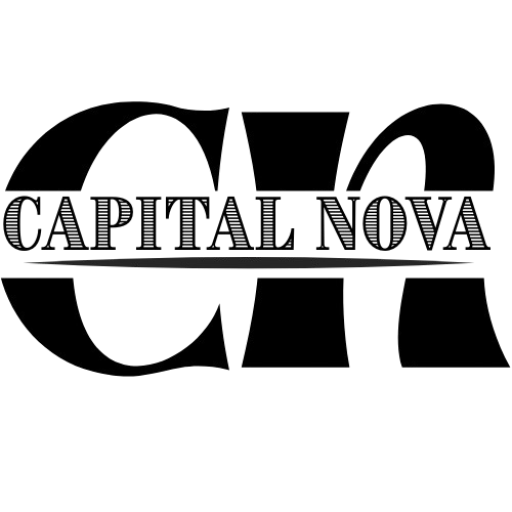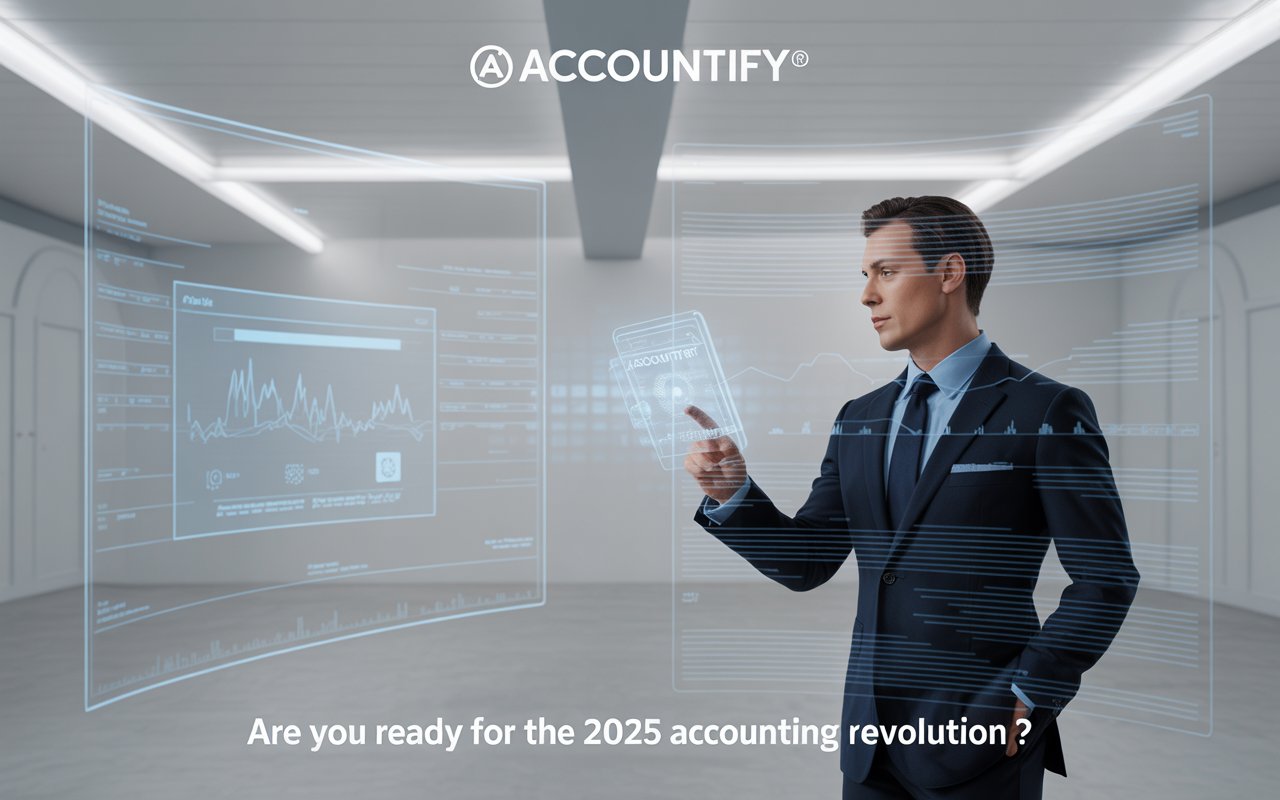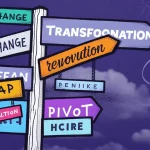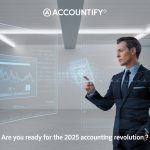Table of Contents
Introduction
I still remember my first day as an accounting intern fifteen years ago, hunched over stacks of paper invoices with a calculator that seemed to have a mind of its own. Back then, if someone had told me that artificial intelligence would one day handle most data entry tasks, I would have laughed. Yet here we are, standing at the threshold of what many industry experts are calling the most significant accounting revolution in the profession’s history since the invention of double-entry bookkeeping.

The landscape of the accounting profession is undergoing a seismic shift that goes far beyond simple digitization. This accounting revolution is reshaping everything from how we process transactions to how we advise clients. As we approach 2025, accounting professionals must not only embrace technological advancements but fundamentally rethink their role in an increasingly complex economic environment. The question on everyone’s mind isn’t just about adaptation anymore—it’s about survival and growth in a profession that’s being redefined daily.
The Current State of Accounting: More Than Numbers
Accounting has traditionally been viewed as a numbers game, focused primarily on accuracy and compliance. For decades, accountants have been the guardians of financial truth, ensuring that every penny was accounted for and every regulation was followed to the letter. Historically, we’ve relied heavily on spreadsheets that seemed to multiply like rabbits and manual processes that could turn a simple month-end close into a week-long marathon.
However, the advent of technology has drastically changed not just how financial data is captured, processed, and analyzed, but what clients expect from their financial professionals. This accounting revolution has shifted client expectations dramatically—today’s business owners don’t just want to know what happened last quarter, they want predictions, insights, and strategic guidance that can shape their future decisions.
With cloud computing becoming as essential as electricity, AI-driven analytics providing insights that would make Sherlock Holmes jealous, and blockchain technology promising to revolutionize trust in financial transactions, we’re witnessing an unprecedented accounting revolution that will touch every aspect of our work. According to the American Institute of CPAs (AICPA), this technological transformation represents the most significant change in the profession’s modern history.
The Role of Technology in Modern Accounting
Automation and AI: Your New Digital Colleagues

Automation has been making waves in many industries, and accounting is riding that wave like a seasoned surfer. I’ve witnessed firsthand how tasks that once required hours of manual input—and usually resulted in at least one coffee-stained document—can now be performed in mere seconds with the help of AI and robotic process automation (RPA).
From data entry that never gets tired to reconciliation processes that work while you sleep, these technologies not only enhance accuracy but fundamentally liberate accountants to focus on what humans do best: thinking strategically, building relationships, and providing the kind of nuanced analysis that machines can’t replicate. The result? More time for financial analysis, advisory services, and actually having conversations with clients instead of drowning in paperwork.
Cloud-Based Solutions: Breaking Down Walls
The rise of cloud computing has revolutionized accounting practices in ways that seemed impossible just a decade ago. Remember when sharing a file meant burning it onto a CD or, if you were really tech-savvy, emailing it as an attachment that inevitably exceeded the size limit?
Cloud-based accounting software enables real-time collaboration that makes geographical boundaries irrelevant. Whether your client is in the next building or on the other side of the world, you can provide up-to-date financial insights at their fingertips. This shift from traditional desktop applications to cloud solutions has facilitated more efficient workflows and allowed accountants to serve clients remotely, breaking down barriers that once seemed insurmountable.
Blockchain Technology: Trust in Code
Blockchain technology represents perhaps the most revolutionary change heading our way. While many people associate blockchain only with cryptocurrencies, its applications in accounting are profound and far-reaching. By allowing for secure and immutable record-keeping, blockchain can streamline processes like audits—imagine never having to trace a transaction through multiple systems again—and ensure greater regulatory compliance.
As forensic accounting becomes increasingly relevant in our complex global economy, understanding blockchain will be as essential for future accountants as understanding debits and credits is today. The technology promises to make financial fraud significantly more difficult while making legitimate transactions more transparent and verifiable.
The Evolving Role of Tomorrow’s Accountants
With these technological advancements comes a fundamental shift in what it means to be an accountant. The days of being mere number-crunchers are numbered (pun intended). Future accountants will need to become strategic advisors, data interpreters, and business consultants rolled into one.

This accounting revolution is already being recognized across industries. Many businesses are actively seeking financial professionals who can not only manage their books but also analyze data trends, identify growth opportunities, and provide insights that directly impact business strategy. The most successful accountants of 2025 will be those who can speak both the language of numbers and the language of business strategy, fully embracing this ongoing accounting revolution.
Skills for the Future Professional
As the demand for strategic insights grows exponentially, accountants must cultivate a diverse skill set that extends well beyond traditional accounting knowledge. Technical skills in data analysis, proficiency with emerging technologies, and strategic decision-making capabilities will become as fundamental as understanding generally accepted accounting principles. For those looking to stay ahead in this evolving landscape, now is the time to embrace change and take the first step toward transforming your future.
But don’t overlook the human skills that will become even more valuable as routine tasks become automated. Communication, critical thinking, problem-solving, and the ability to translate complex financial concepts into actionable business insights will set apart the thriving professionals from those who merely survive.
Continuous professional development isn’t just recommended anymore—it’s essential. The half-life of technical skills continues to shrink, making a commitment to lifelong learning not just beneficial but necessary for career survival.
Preparing for the Future: Your Action Plan
Embrace Continuous Learning Like Your Career Depends on It
The accounting profession has always valued expertise and certification, but the accounting revolution means that what you learned five years ago might already be outdated. To prepare for 2025 and beyond, embracing lifelong learning isn’t optional—it’s survival in this new era of accounting revolution.
Consider enrolling in courses that focus on emerging technologies, advanced analytics, cybersecurity, and even fields that might seem tangential like behavioral economics or data science. The Association of Chartered Certified Accountants (ACCA) offers numerous resources on adapting to technological changes in the profession. The most valuable accountants of the future will be those who can bridge multiple disciplines and bring diverse perspectives to financial challenges.
Utilize Networking Opportunities: Your Professional Lifeline
Engaging with fellow accounting professionals has never been more important. The changes happening in our field are too rapid and too complex for any one person to master alone. Networking provides insights into how others are adapting to industry changes and can open doors to mentorship opportunities that can guide you through this transformation.
Join professional organizations, attend conferences (virtual or in-person), participate in online forums, and don’t underestimate the power of informal conversations with colleagues. Sometimes the best insights come from casual discussions about the challenges and opportunities everyone is facing.
Looking Ahead: Challenges and Opportunities
The road to 2025 won’t be without its bumps. Regulatory frameworks will struggle to keep pace with technological innovation. Client expectations will continue to rise. The competition from fintech companies and automated solutions will intensify. But within these challenges lie unprecedented opportunities for those ready to seize them.
The accounting professionals who thrive in this new landscape will be those who view technology not as a threat but as a powerful ally. They’ll be the ones who understand that while machines can process data faster than any human, they can’t provide the context, judgment, and strategic insight that comes from years of experience and deep understanding of business dynamics.
Conclusion
As we edge closer to 2025, the accounting profession stands on the brink of a transformation that will rival any change we’ve seen in our professional lifetimes. This isn’t just about learning new software or adapting to new regulations—it’s about fundamentally reimagining what it means to be a financial professional in the 21st century.
The accountants who will thrive in this new world will be those who embrace technology while doubling down on uniquely human capabilities. They’ll be strategic advisors, trusted counselors, and interpreters of an increasingly complex financial landscape. They’ll use artificial intelligence to handle routine tasks while applying human intelligence to solve complex problems and build meaningful client relationships.
The question “Are you ready for the 2025 accounting revolution?” isn’t really about readiness—it’s about willingness. Are you willing to step out of your comfort zone? Are you willing to see change as opportunity rather than threat? Are you willing to invest in yourself and your future?
The accounting revolution of 2025 isn’t coming—it’s here. The professionals who recognize this and act accordingly won’t just survive the transformation; they’ll lead it. The time to prepare isn’t tomorrow or next month—it’s now. Your future self will thank you for the steps you take today to embrace the changes ahead and position yourself as an indispensable resource in the evolving world of finance.
The revolution is real. The opportunities are abundant. The choice is yours.








